
The North Korean Crisis Around the Corner
NEW YORK – A new geopolitical crisis is stirring against the backdrop of the war in Ukraine, tensions around Taiwan, and the sharpening US-China rivalry. North Korea, after a three-year pause in nuclear provocations, is gearing up for what intelligence agencies warn could be a seventh nuclear test – possibly before the US midterm elections on November 8.
Five years ago, the world faced the prospect of “fire and fury” as North Korean dictator Kim Jong-un and then-US President Donald Trump traded threats of nuclear war. A phony peace followed, as Kim met with several world leaders to gain sanctions relief in exchange for vague promises to scale back parts of his nuclear program.
After his failed Hanoi summit with Trump in 2019, Kim returned to Pyongyang and soon ordered a national lockdown in a futile effort to escape the COVID-19 pandemic. But North Korea’s nuclear-weapons and missile programs continued to advance rapidly.
Kim had signaled his intention to expand the North’s nuclear capabilities when he began his diplomatic outreach in early 2018, and he has been good to his word. Kim’s arsenal is now estimated to include about 50 nuclear weapons. Moreover, in 2020, shortly after test-firing a new type of submarine-launched ballistic missile, Kim unveiled a massive new long-range missile at a nighttime military parade meant to showcase the regime’s formidable weaponry. The following year, the International Atomic Energy Agency reported that North Korea had restarted its plutonium-enrichment operations. Soon after, it test-fired long-range cruise missiles and a new nuclear-capable hypersonic missile.
So far this year, North Korea has launched more than 40 ballistic missiles in violation of the United Nations Security Council’s resolutions, including during US Vice President Kamala Harris’s visit to Japan and South Korea last month. One missile flew over Japan. The regime also has resumed the illegal reprocessing of plutonium at its Yongbyon facility, and satellite images have revealed construction work at its nuclear-test site, Punggye-ri, reinforcing concerns that a seventh nuclear test could be imminent.
Kim’s determination to use his nuclear arsenal to intimidate his enemies, together with the changing geopolitical landscape as a result of the war in Ukraine, increases the likelihood that North Korea will reprise its “fire and fury” posturing. The threat to the region’s stability and to global security is serious.
It is unclear whether Kim or his predecessors – his father, Kim Jong-il, and his grandfather, Kim Il-sung, the regime’s founder – were ever serious about denuclearization. Nevertheless, for decades, the United States and other governments have tried in vain to nudge North Korea to give up its nuclear-weapons program through a combination of pressure, security assurances, and economic inducements.
World leaders should believe Kim when he says that North Korea’s nuclear capabilities are the country’s “trusted shield” and “treasured sword” and that he would never relinquish them. In announcing a new law that authorizes a nuclear strike if a foreign power tries to remove him from power, Kim declared last month that his regime would “never give up” any of its nuclear weapons. “There is absolutely no denuclearization, no negotiation, and no bargaining chip to trade in the process,” he said.
Kim’s behavior reflects his unwavering determination to be accepted – however reluctantly – as the leader of a nuclear power, akin to how the international community has come to accept Pakistan or even India. But he has abandoned North Korea’s previous “action-for-action” approach – the step-by-step bartering of sanctions relief for limitations on his nuclear activities. As a result, he has not even acknowledged the Biden administration’s repeated efforts to resume denuclearization talks.
Instead, Kim demands that the US withdraw its forces from South Korea and remove strategic assets from the region – clearly a non-starter. Next, North Korea will most likely call for nuclear-arms reduction talks with the US as a sign that it has finally been recognized as a nuclear peer rather than a rogue state.
Kim will also likely seek to exploit America’s diplomatic ructions with Russia and China. The Kims’ regime long ago mastered the art of using disagreements between the major powers to their advantage. After the end of the Cold War, however, the regime had limited opportunities on this front, owing to America’s generally positive relationship with North Korea’s principal patrons – China and Russia.
But the rapid deterioration of relations between the US and Russia, and between the US and China, have changed the game. The strategic alliance between Chinese President Xi Jinping and Russian President Vladimir Putin has assured that neither would align with the West to discipline Kim. Xi and Putin are currently courting the West’s adversaries, not seeking to punish them. And while his patrons block any action against North Korea in the UN Security Council, Kim can pursue his nuclear ambitions unimpeded.
In principle, both China and Russia oppose North Korea’s nuclear program. China’s leaders have been haunted by the prospect of a nuclear test going wrong so close to its border. But while Kim will most likely not hold a seventh bomb test until sometime after the Communist Party of China’s 20th National Congress concludes, he knows that neither Xi nor Putin can afford to crack down on North Korea in a meaningful way at the moment.
In fact, Xi and Putin have an interest in Kim diverting US attention and resources from Taiwan and Ukraine, respectively. With this in mind, the recent spate of North Korean missile launches may mark the beginning of a dangerous cycle of escalation that could end up turning the rhetoric of “fire and fury” into reality.
Daniel Russel, a former assistant secretary of state for East Asian and Pacific affairs, is Vice President for International Security and Diplomacy at the Asia Society Policy Institute.
Copyright: Project Syndicate, 2022.
www.project-syndicate.org
- Minister Damodar Bhandari Departs for New Delhi to Attend BIMSTEC Business Summit
- Thai Ambassador Suwapong Sirisorn Pays Courtesy Call on Nepal’s Foreign Minister Arzu Rana Deuba
- Taliban administration orders beauty salons in Afghanistan to close
- ‘No woman feels safe’: sexual violence rampant in Sudan war

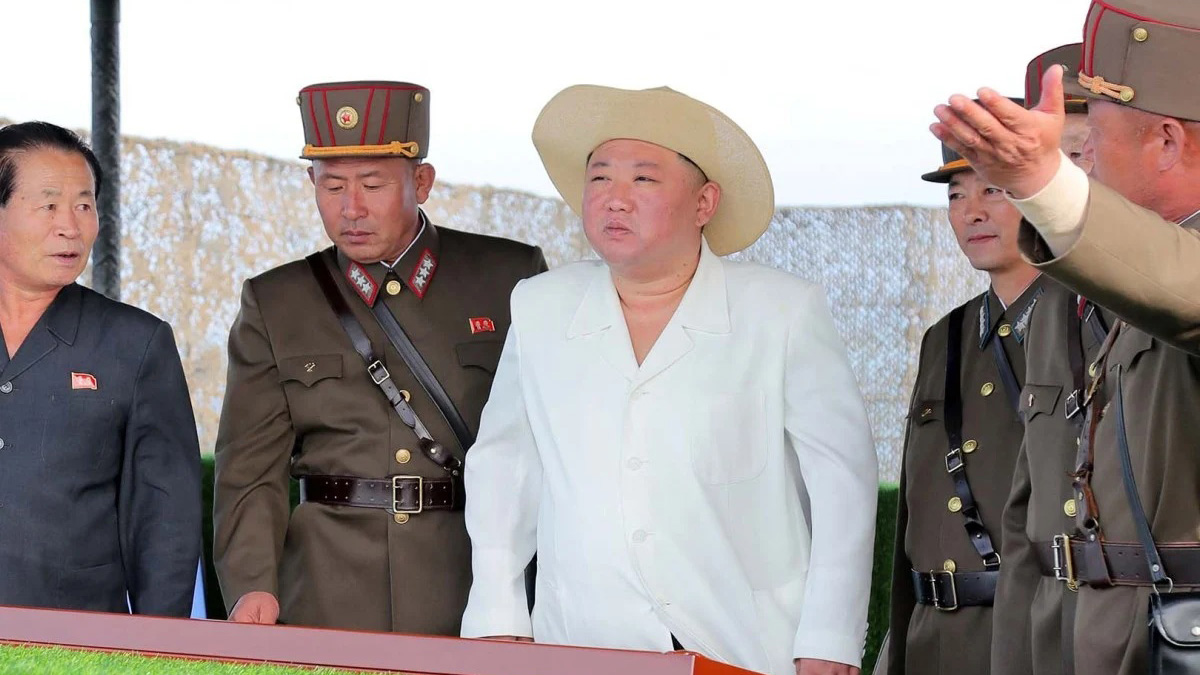
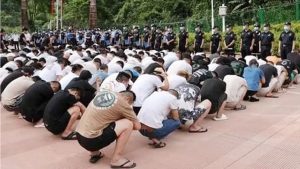
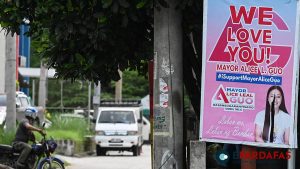
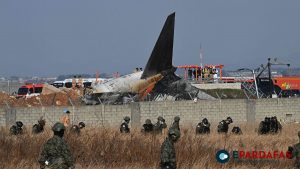
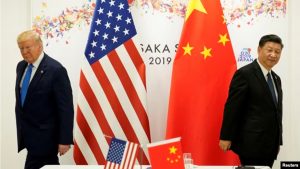
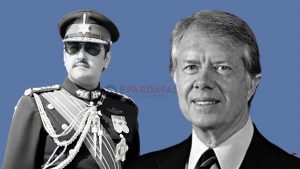
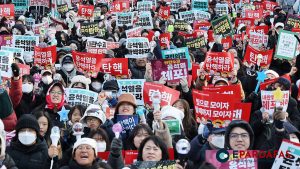

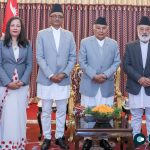

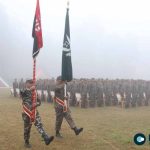
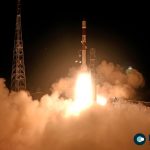

Comments